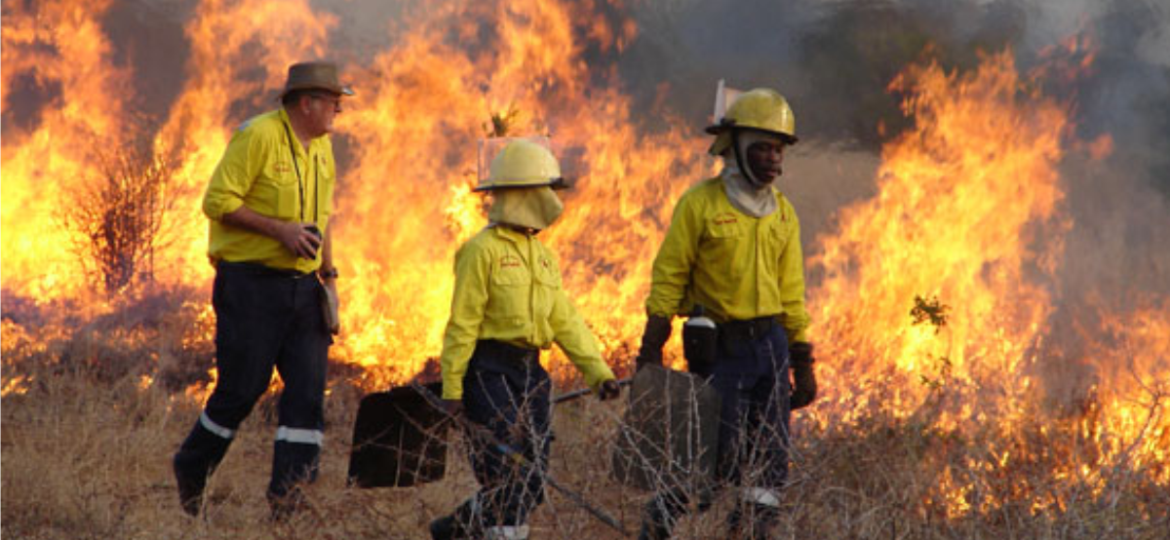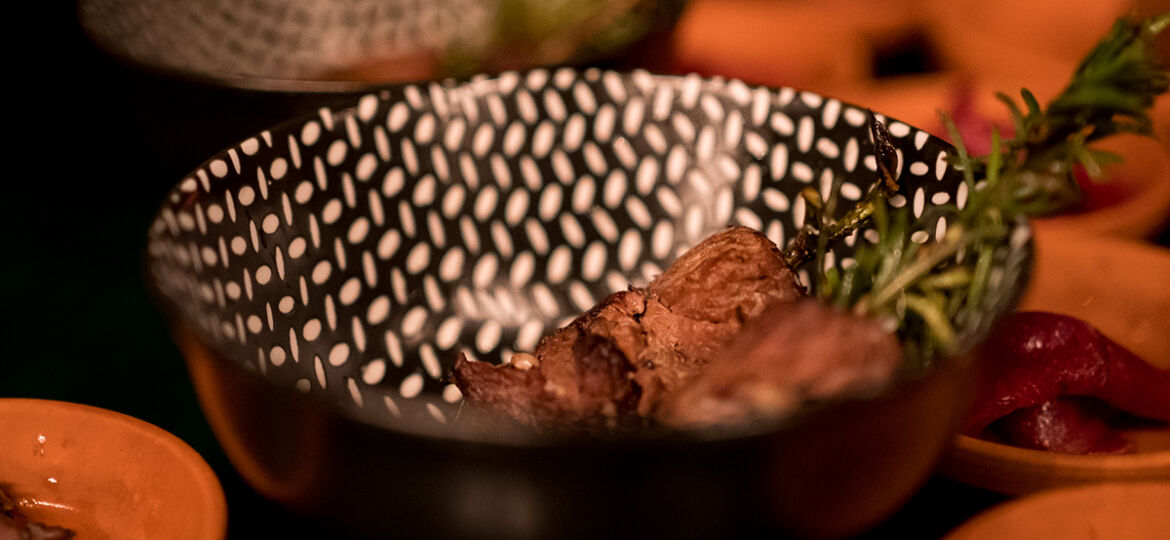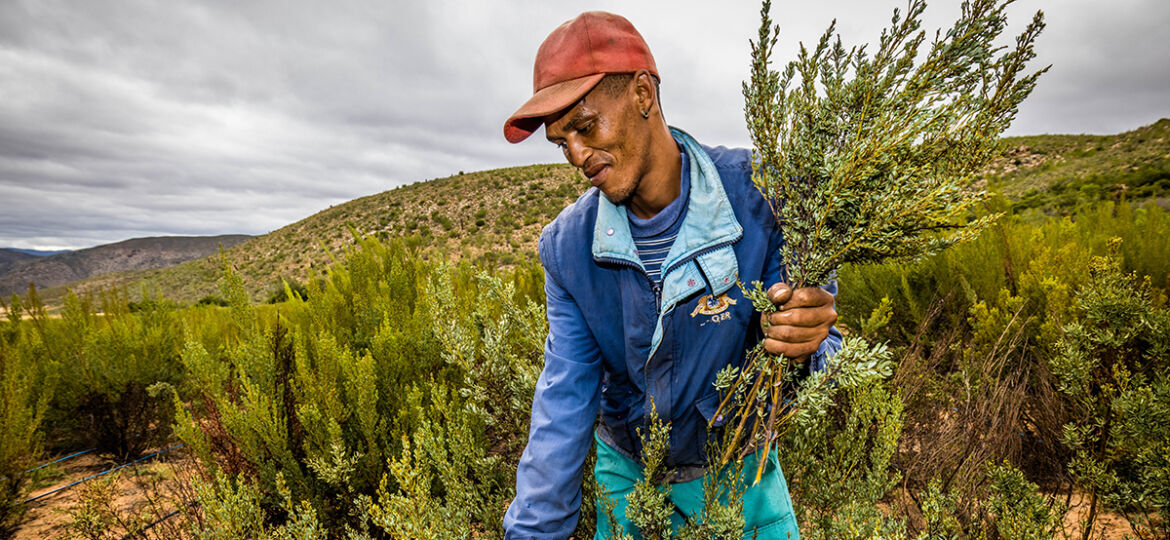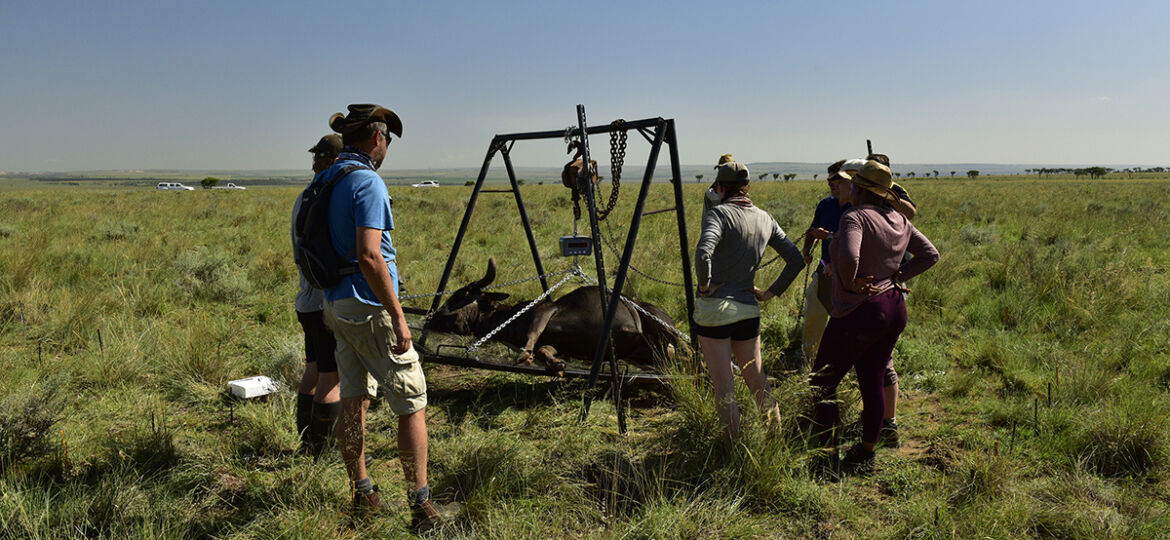Researchers challenge the feasibility of implementing early dry season fires as a one-size-fits-all fire management strategy for African conservation areas.
sustainable land use
How can South Africa bring biodiversity conservation and the economy together? B Meyer explains the objectives of the proposed National Biodiversity Economy Strategy.
We are all in a desperate race for net-zero to halt the changing climate. Plus we are in the middle of an unprecedented biodiversity crisis, e.g., wild mammals now reported to make up only 2% of the global land mammalian biomass (the majority of which is livestock).
The consumption of wild meat remains a morally contested and controversial issue in conservation policy and science.
Tumi Mphahlele has, found a way to turn one of the “100 of the World’s Worst Invasive Alien Species” (water hyacinth) from a destructive pest into one with an ecological and economic purpose.
Science, even when it comes up with answers to important problems, is often viewed by the public as Quixotic, a whimsical business of tilting at windmills, says Professor Andre Ganswindt, the director of the Mammal Research Institute “MRI” at the University of Pretoria. “As scientists,” he says, “we say ‘here is the problem’. People say, ‘we hear you’, but nothing happens. Do they not understand, or do they not want to?”
South Africa is famous for wildlife conservation and is recognized as a global leader in the management of wildlife resources, considered number three in the world in terms of biodiversity conservation. This has been achieved through the hard work of active management and careful intervention.
Yves Vanderhaeghen interviews a team of UKZN researchers studying how biodiversity can curtail both extreme flooding and the potential perils of heat stress in cities.
Yves Vanderhaeghen reports on a social enterprise aiming to farm and harvest Honeybush tea and regenerate the Langkloof catchment area at the same time.
Yves Vanderhaeghen interviews Dr Haemish Melvile, whose research suggests that animal carcasses can invigorate the environment












